Calls for help in animal management from Barkly Regional Council
Barkly residents have been forced to deal with the issue of a growing feral dog problem with little help from council. Read what they’re asking for.
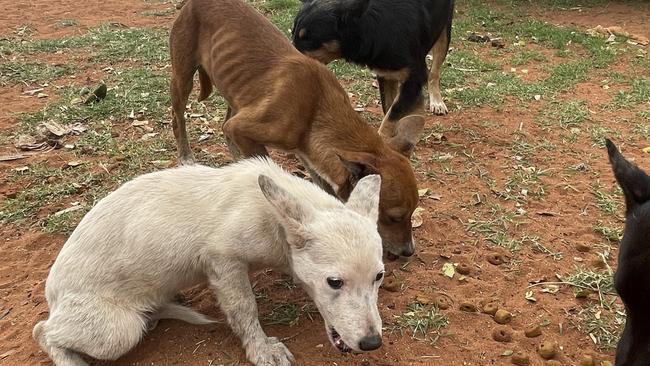
Northern Territory
Don't miss out on the headlines from Northern Territory. Followed categories will be added to My News.
One of its own elected members has called for an investigation into the “petty and unprofessional conduct” of Barkly Regional Council in providing animal management and veterinary services across the region.
Cr Elliot McAdam says more than $800,000 raised from levies, rates and grants since 2011 remains unexplained and multiple attempts to address critical issues by himself, Barkly vet Dr David Hall and local authorities have been virtually ignored.
In March this year, Dr Hall received a large number of photographs of emaciated dogs from a community school principal.
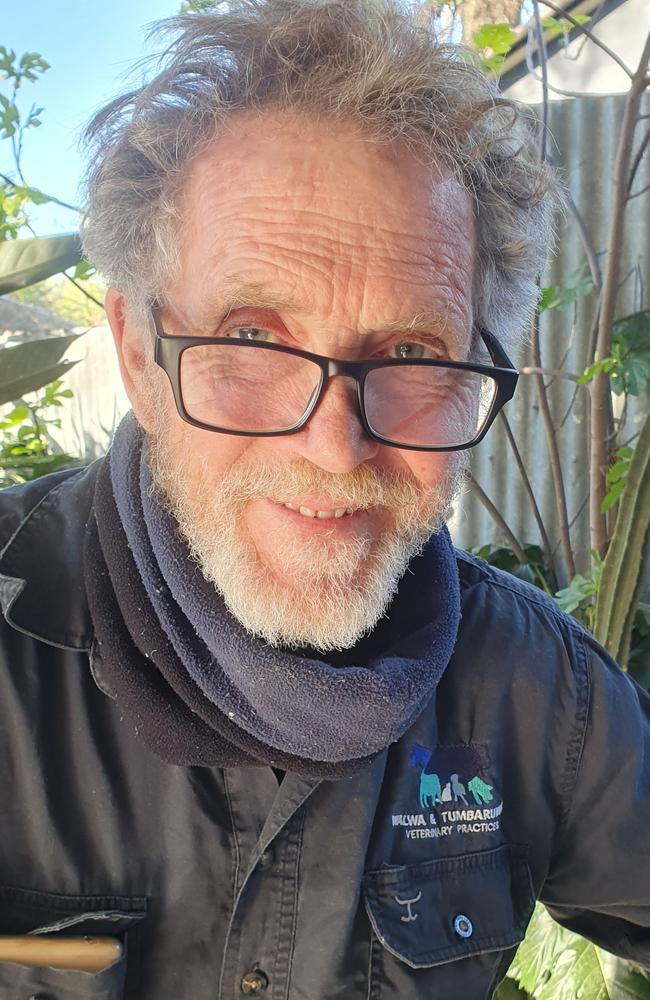
“I had never seen dogs in such poor condition,” he said.
Teachers were concerned not only for the dogs’ welfare, but for the safety of the students as the starving animals roamed the schoolyard, scavenging for scraps of food.
As a short-term stop gap, Dr Hall and Northern Territory psychiatrist, Dr Verushka Krigovsky purchased 1000kg of dog food and chartered a light plane and truck to deliver the food.
A further 500kg was donated by Animal Rescue Cooperative.
Teachers took responsibility feeding 140 dogs every morning and focused class topics on responsible pet ownership.
Dr Krigovsky’s outreach work includes Tennant Creek and the remote communities of the Barkly and Central Australia where she’s confronted by starving, neglected dogs, “leading wretched lives”.
As the founder of Furmentality, a charity focused on ways interaction and caring for animals improved mental and physical health, she said supplying dog food was a short-term gap and not a sustainable solution.
“The bigger problems need to be urgently addressed,” she said.
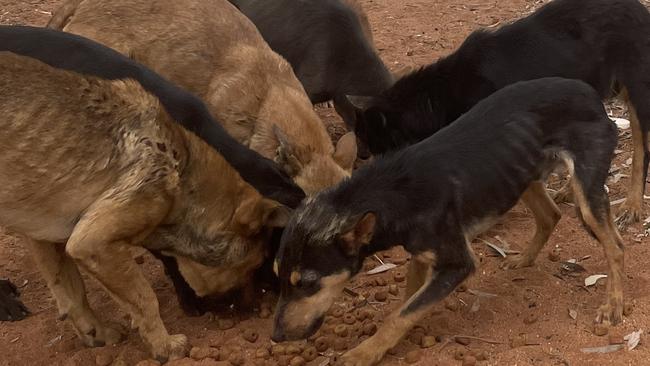
Dr Hall stressed that overpopulation was a serious issue with dire consequences.
“Vet programs focus on desexing, parasite control and education,” he said.
“Hookworm, roundworm and scabies can penetrate human skin causing infections, which can lead to heart and kidney disease.
“The risks to human safety from starving dogs is very real, especially children and the elderly.”
Despite the critical urgency, Dr Hall said organising the upcoming Vet Program had been the most difficult in 10 years of outreach work in the Barkly.
“We’re just trying to do something good here … and we need to get out there before the start of the wet.
“With adequate Council support, we could achieve marvellous things.”
In the June by-election, Cr McAdam won the Patta ward (Tennant Creek) after campaigning on animal management and a biannual vet program.
He said growing numbers of dogs roaming the streets were impacting the social and economic capacity of the town.
“Tennant Creek Local Authority allocated $20,000 for a desexing blitz in August,” Cr McAdam said.
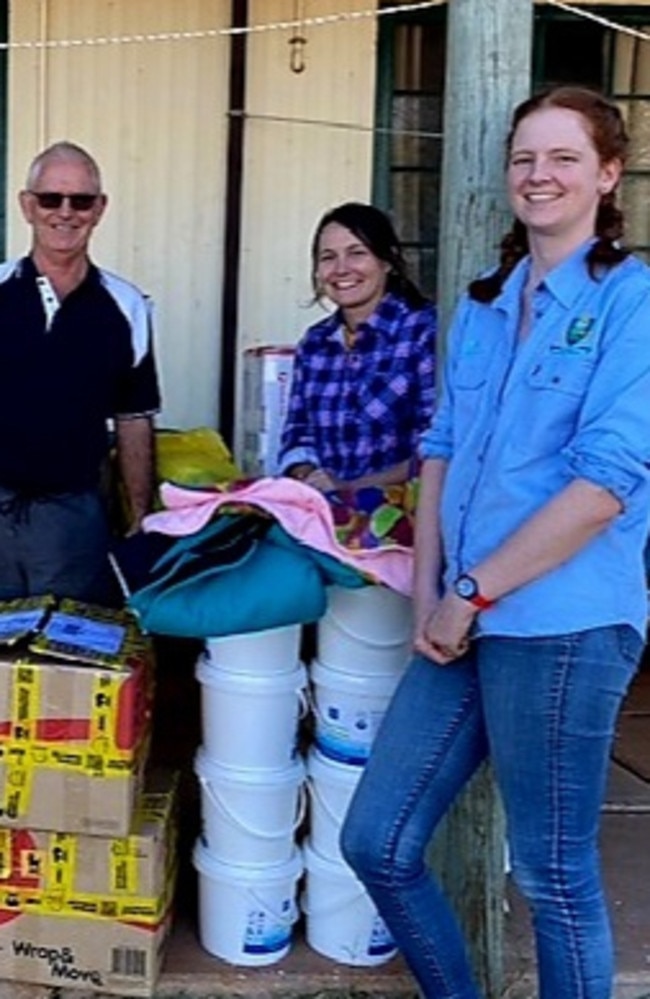
“It was a great outcome … Barkly Veterinary Practice desexed 83 dogs and cats in five days, but the entire region, including the communities, urgently needs a properly coordinated and funded Animal Management Plan.”
Despite multiple attempts, Cr McAdam has been stonewalled in trying to clarify spending on animal management.
He said since 2011, more than $700,000 had been raised out of rates and levies specifically for animal management, but since 2015-16 there had been no mention of animal management in successive budgets.”
In May this year, BRC received a $153,000 Immediate Priority Grant from the NT government for animal management.
To date, no funds have been spent.
Acting CEO Russell Anderson said $100,000 was for animal management and $53,000 allocated to the purchase of dog lifts to be installed on ranger vehicles and a dog bath for pound dogs.
“We are currently reviewing the remaining funds,” he said.
Ali Curung Local Authority chairman Noel Hayes is one of three councillors who resigned from Barkly Regional Council in December last year, citing treatment of the bush communities.
“All the communities around the Barkly are suffering,” he said.
“This Council doesn’t tell us anything in the bush, they don’t talk to me. It’s pretty poor.”
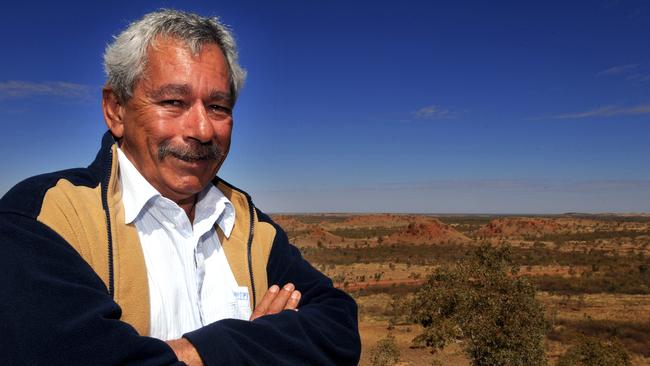
Mr Hayes said there had been no consultation with BRC around ongoing animal management and welfare, and with about 200 dogs in the community of 300 people, “the vet is a must”.
In June this year, Ali Curung LA committed $15,000 for vet services and requested an additional four days.
“Dave and his vets do a good job and we want them back, at least a couple of times a year,” Mr Hayes said.
“Every community should, every community has big mobs of dogs.”
Former BRC councillor and Elliott LA chairman, Bob Bagnall said his community also supported the Vet Program in principle, but requests for information from BRC had not been answered.
“In May, 2022 we were asked to contribute funding towards the program,” he said.
“We made it clear we wanted information about where BRC was getting funding for animal management and how it was distributed.
“The mayor assured us it would be forthcoming, but nothing happened.”
Last month, a debit was made against Elliott LA finance for vet services in May.
The debit was queried and ultimately reimbursed, but no information was forthcoming.
“We want to know what funding they get for animal management and where it is allocated,” he said.
“How do they assure we get the same service as Tennant Creek, even though it costs more to deliver?
“It’s like banging your head against a brick wall … there’s a mob of people from Tennant Creek making decisions on behalf of regional people.
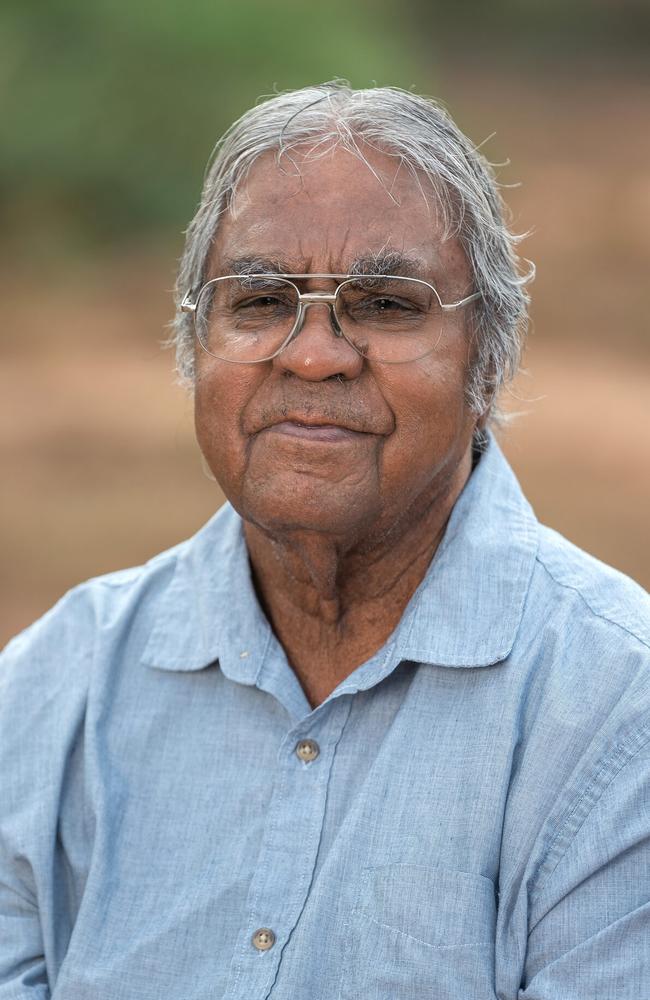
“The annual plan shows no money or goals to provide animal management.
“BRC needs to recognise this service and support it.”
As the Local Authorities and Cr McAdam press for answers, Dr Hall has a vet team and vehicle ready to head out to five remote communities.
After months of planning, and just days out from the ‘bush trip’, he is still waiting on approvals for dates, funding, accommodation and surgery venues.
“This has been the most difficult environment in 10 years of doing outreach work,” Dr Hall said.
“It’s essential we get an Animal Management Plan for the region as quickly as possible so this doesn’t continue to happen.
“The current draft was poorly considered … it’s time to go back to the drawing board, with the local stakeholders, and prepare a draft for proper consideration, implementation and funding.”
Across the Barkly, concerns around animal management continue to grow.
Cr McAdam says the NT government had been aware of this problem for years and turned a blind eye to it.
“Where else does a community of this size get a 24/7 vet service, with remote outreach, and which is financially underwritten by the owner?” he said.
“The work of Barkly Veterinary Practice needs to be supported.
“The NT Animal Protection Act 2018 clearly states that all animals are entitled to a standard level of care for their welfare, health and safety and that welfare officers are assigned to prevent animal cruelty and promote community awareness about animal welfare.
“The communities of Tennant Creek and the Barkly have had enough.
“This needs to be resolved in a professional way, in the best interests of the community.”




